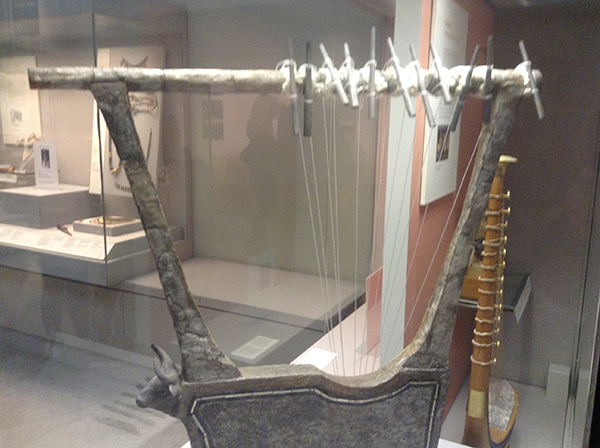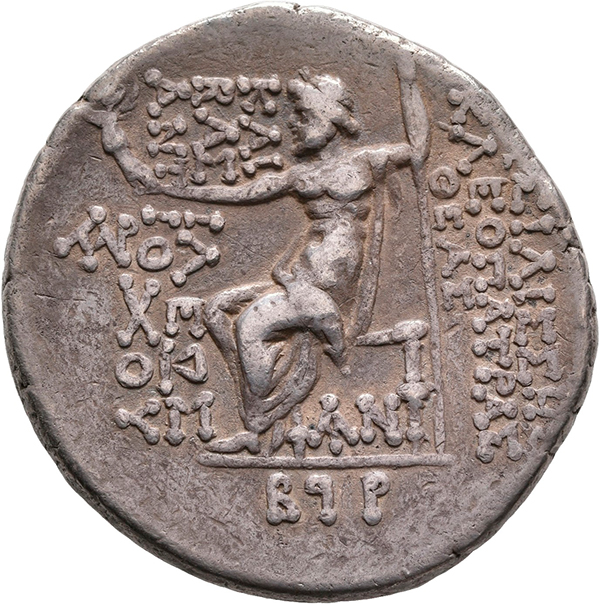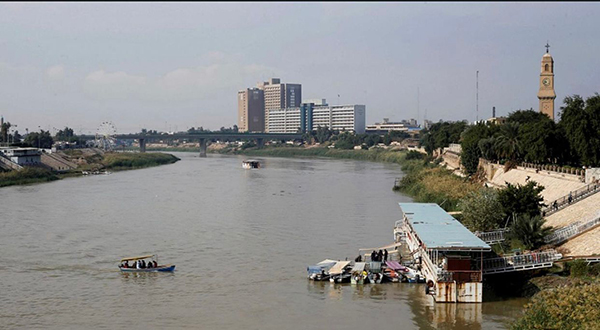Liam Fitzstevens waited in the Tübingen citizens’ office in December 2017. There he leafed through number 74 of tünews INTERNATIONAL. A story fascinated the American biologist who came to Tübingen to do his doctorate at the Max Planck Institute. It was about a swimming course for refugee girls – a project of the voluntary initiative “Swimming for all children”. At the beginning of 2018, Liam spoke to Dagmar Müller, the founder and manager of the project. Since then, the former competitive swimmer has been a voluntary trainer and trains lifeguards with Adrian Wendt, who is also 25 years old.
Yusuf Drammeh from Gambia is one of the students. The apprentice baker from Entringen fled across the Mediterranean to Europe in 2016. The non-swimmer was very afraid of water but has now overcome that fear. Since 2018, his first course at “Swimming for all children” **, he has been training tirelessly – first for the “Sea pony” test, then for the free swimmer. His big goal now is to become a lifeguard. The 23-year-old has been swimming lane after lane since the Corona loosening after work on Saturdays in the outdoor pool, using his great motivation and enormous muscle strength. “Yusuf never gives up,” says Liam.
Liam and Adrian do not offer a standardized program during the swimming lessons. They cater to each swimmer individually: “Everyone has different requirements,” says Liam. The training is demanding. To warm up, the coaches have their students complete more than a dozen courses: chest, crawl, back – depending on their level of performance. “Lifeguards need perseverance,” says Liam. Without perseverance, they would not pass the silver test at the DLRG (German Life Saving Society). In 2019, twelve participants in the project passed this test, and another four are now allowed to train beginners. Everyone is committed to “Swimming for all children”.
Tarek Shallouf from Syria is on his way. The 28-year-old has several goals: to study economics at the University of Tübingen and to pass the lifeguard exam. This also includes towing. Someone in need of help may cling to the rescuer in panic. Therefore, they need to know how to free themselves.
Liam plays the drowning man, and Yusuf practices saving. But the person seeking help could grab his neck and choke him. Yusuf practices what he must do to free himself from the grip. The motions must work, otherwise both are in danger.
Adrian and Yusuf discuss together what he can improve. The swimming coach studies educational science and, like Liam, was a successful competitive swimmer for many years. Both coaches want to share their own swimming fun with the adults in this course.
Adrian is fascinated by the swimming project, how the initially fearful participants “develop and cross boundaries”. He hopes that like him they will experience the feeling of weightlessness while swimming. He also hopes that difficulties that pull participants down can be solved. *** Adrian and Liam both lead the course for sporting and social reasons. Co-coach Liam observed that in the US and Germany families with lower incomes have less chance of teaching their children how to swim. He wants to “fight this inequality”.
tun071403
** All swimming courses are free. The Tübingen company Schmalenberger promotes coaching of the lifeguards.
*** Adrian, Liam and Yusuf are three of the more than 100 authors who have written down their personal relationship with water. “My swimming story” is the name of the Mut-Mach book, which should motivate you to learn to swim and to teach swimming. It was published by Thorbecke Verlag and costs 20 euros.
Foto: Yusuf Drammeh konnte nicht schwimmen, als er nach Tübingen kam. Mittlerweile trainiert er für die Prüfung zum Rettungsschwimmer. Am Beckenrand sitzt Coach Liam Fitzstevens, ein ehemaliger Leistungsschwimmer. Er erklärt seinem Schüler gerade, welche Übung als nächstes dran ist. tünews INTERNATIONAL, Mostafa Elyasian.



